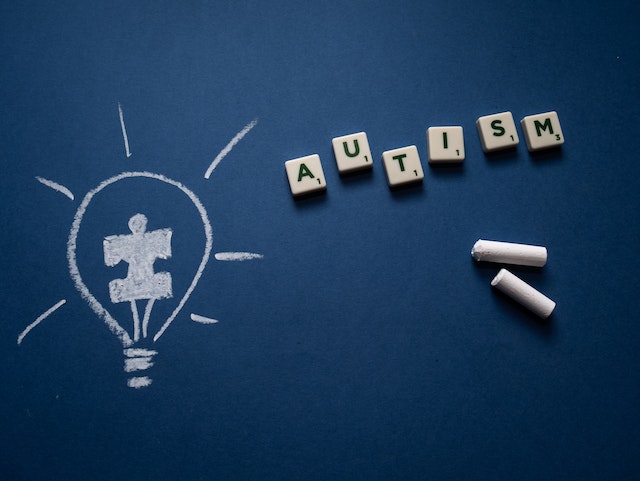There are many ways to look after your mental health if you are neurodiverse. In my clinical view, finding what works to your strengths is often the easiest and the most effective way to maintain change.

Mental health tips for people on the autistic spectrum
1. Implement existing skills of routine and order
This may mean devising and maintaining activities that boost mental health. For example, exercise, a sleep plan, and regular eating.
2. Have some strategies to manage change
For example, keeping existing routines as similar as possible and carrying out comfort activities may help reduce anxiety.
3. Learn how to recognise feelings
Learning how to recognise, express, and manage feelings may help to reduce feelings of loneliness or the possibility of low mood or depression.
4. Build confidence
You can do this by working on increasing self-esteem and learning how to deal with differences. This might be by doing an activity that helps increase confidence (e.g., taking on a maths challenge, taking up a new sport) or by recognising strengths.
5. Identify difficult social situations
And identify the reasons why they are challenging. This, together with learning about how to engage and express thoughts and emotions in friendships, helps to combat feelings of loneliness, which can lead to low mood or depression. There are programmes to help learn things like social scripts, ice breaker questions, and non-verbal expressions.
6. Learn to think flexibly
People with ASD often can think in a very determined way which can sometimes be helpful in getting a result. However, it can also be unhelpful when that way of thinking can’t achieve the solution required, or if it goes against how others might think. Learning to think flexibly, holding onto a range of options, and taking some informed risks will benefit relationship building, help to avoid disappointments, and also help to get back on track quicker if things don’t go according to plan.
7. Have a plan
Having a plan to increase, in small steps, foods that are difficult to eat because of texture, smell, or taste might be helpful in combating eating difficulties.
8. Divert your attention
Obsessive compulsive behaviours can be high in people with ASD. Divert this type of neural wiring onto a specific activity (e.g., collecting something, a special hobby) and work on reducing repetition and checking in other areas.
9. Remember: practice is the most important
It takes time for your brain to lay down new neural pathways and learn new ways to think and, through this, to behave or feel. Try and work towards achieving a streak of success over a 30-day period if possible.
For more information on neurodiversity and mental health, check out stem4’s Neurodiversity section.

